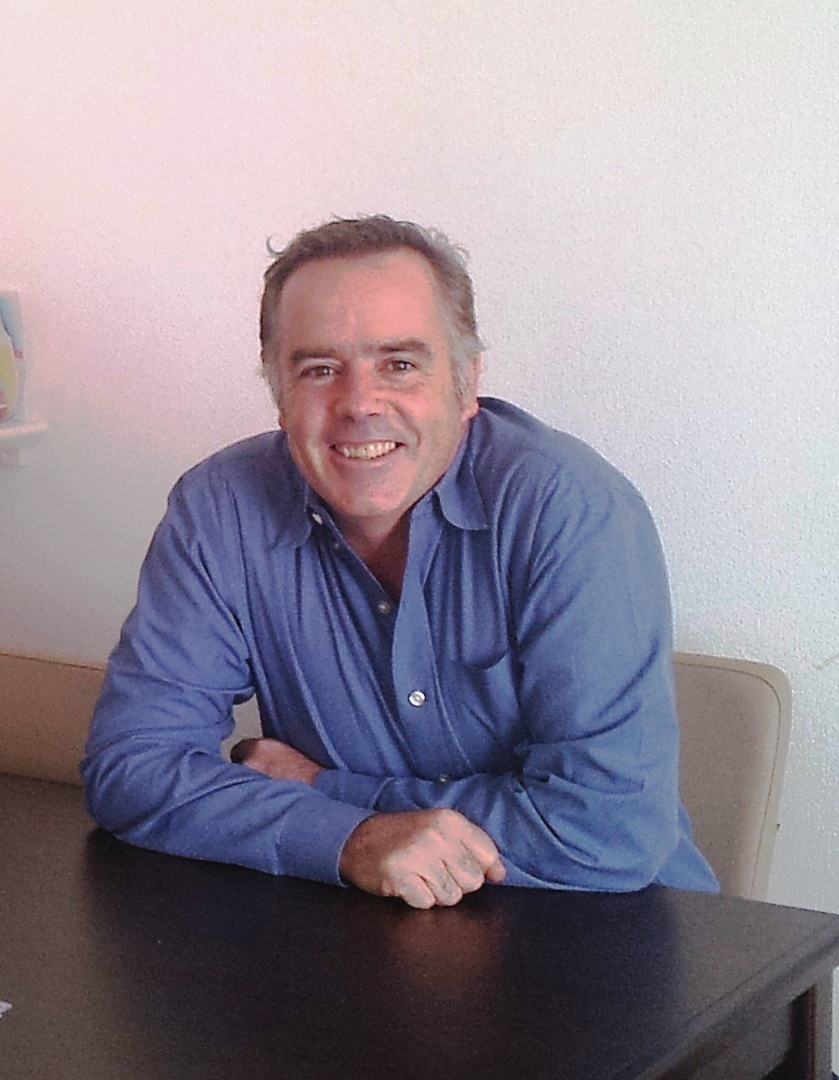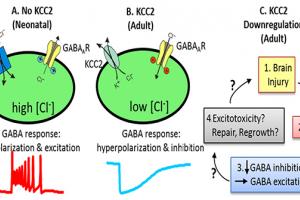
My Expertise
Cellular neuroscience; synapses; glial cells, ion channels.
Keywords
Fields of Research (FoR)
Cellular Nervous System, Animal Physiology - Cell, Central Nervous SystemSEO tags
Biography
Research Interests:
Dr Moorhouse's broad interest are in the molecular and cellular basis of neuronal excitability, focusing on electrical and chemical signaling in nerve cells and glia contribute to neural circuit activity in health and disease . He leads the Neurobiology Research Lab that aims to develop improved and novel strategies to treat different brain disorders by gaining greater understanding of underlying cellular mechanisms. In...view more
Research Interests:
Dr Moorhouse's broad interest are in the molecular and cellular basis of neuronal excitability, focusing on electrical and chemical signaling in nerve cells and glia contribute to neural circuit activity in health and disease . He leads the Neurobiology Research Lab that aims to develop improved and novel strategies to treat different brain disorders by gaining greater understanding of underlying cellular mechanisms. In collaboration with colleagues at UNSW and Japan, we use a range of techniques, including electrophysiology, cell culture, live cell imaging, biochemical and histological approaches and behavioural analysis. Dr Moorhouse and his colleagues have published over 50 journal articles in this area with over 3500 citations. Dr Moorhouse's current research focus is on; i) the role of KCC2 transporter in Cl- homeostasis and neuronal inhibition in health and disease; ii) the molecular basis of ion permeation in GABA and glycine receptors, and iii) functions of microglia and astrocytes in neural circuit plasticity
Broad Research Areas:
Neuroscience, Cell Physiology, Ion Channels, Membrane Transport Proteins, Glia.
Qualifications:
BSc, PhD Syd
Society Memberships & Professional Activities:
Dr Moorhouse is a regular member of the Australian Neuroscience Society (ANS) and the Australian Physiological Society (AuPS). He regularly reviews grants and research papers for a variety of National and International funding bodies (e.g., NH&MRC, ARC, Wellcome Trust) and scientific journals (e.g., Neuropharmacology, Pain, Journal of Physiology, British Journal of Pharmacology) and is on the editorial review board of the Journal of Biological Chemistry.
Specific Research Keywords:
Membrane Transporters, Ion Channels, Electrophysiology, Synapse Function and Plasticity, Neuronal Inhibition, GABA receptors, Microglia.
My Research Supervision
Supervision keywords
Areas of supervision
Developing new approaches to treat drug-resistant epilepsies
Drug modulators of inhibitory signaling
Cellular mechanisms of Neuronal Plasticity
Currently supervising
Molly Straney (Functional assays of KCC2 modulation using live cell imaging)
Jeremy Gillen (Changes in neuronal inhibition during epileptogenesis using brain slice culture)
Location
Department of Physiology,
School of Medical Sciences,
Rm 302, Level 3 NW, Wallace Wurth Bldg
Contact
Follow
Publications
ORCID as entered in ROS
Research Activities
Brain function is a delicate balance of neuronal excitation and inhibition. The schematic diagram above illustrates inhbitory neuronal responses mediated via the neurotransmitter GABA, and how these are affected by the neuronal Cl- transporters KCC2 and NKCC1. In neonatal neurons (left, A), KCC2 is absent and NKCC1 mediated Cl- influx results in GABA mediated depolarization and excitation. In most adult neurons (middle, B), KCC2-mediated Cl- efflux dominates Cl- homeostasis resulting in GABA mediated hyperpolarization and inhibition (A&B adapted from Ben-Ari, 2002). (C, right) KCC2 is…
